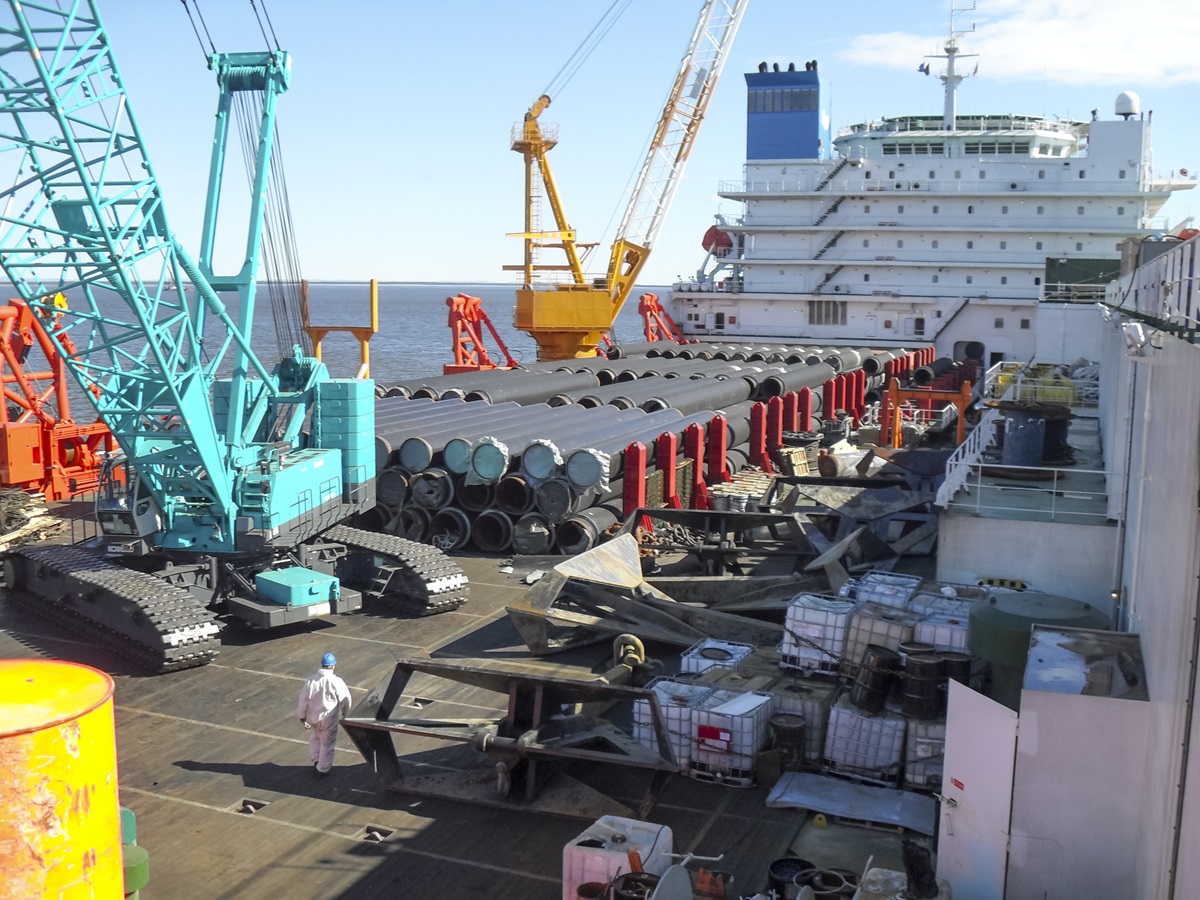What to Expect During a Maritime Injury Lawsuit
 Maritime workers who are injured in on-the-job accidents that occurred as a result of someone else’s negligent actions have a right to seek compensation for the damages caused by those injuries. However, obtaining this compensation will be a challenge, especially if you aren’t familiar with the complexities of maritime law.
Maritime workers who are injured in on-the-job accidents that occurred as a result of someone else’s negligent actions have a right to seek compensation for the damages caused by those injuries. However, obtaining this compensation will be a challenge, especially if you aren’t familiar with the complexities of maritime law.
Whether you’re a longshoreman, offshore oil worker, or crew member, knowing what to expect when you file a maritime personal injury claim is essential for protecting your rights and ensuring you get the total compensation you’re entitled to. In this post, we’re going to take you through every stage of the maritime accident litigation process.
Initial Steps After a Maritime Injury
The steps you take immediately following a maritime accident will have a big impact on any subsequent maritime injury lawsuit. Here are a few things you need to do:
- Treatment: The first thing you need to do is seek medical attention. Medical records are crucial evidence in a maritime injury lawsuit. If you fail to seek medical attention for your injuries, you may have difficulty proving you were even injured in the first place.
- Notification: Next, inform a supervisor of your injury accident. Like your medical records, their report will serve as an important piece of evidence.
- Documentation: If possible, document the accident scene and get the names of any witnesses. Photos and eyewitness testimony can help boost your case.
- Legal Help: Finally, speak with an experienced maritime injury accident lawyer.
Filing Your Complaint or Petition
The maritime accident litigation process begins by filing a complaint or a petition. A complaint or a petition is a formal legal document that:
- Outlines the facts of your case
- Names the parties involved
- Specifies the legal grounds on which the lawsuit is based
- Details about your accident
- Injuries you sustained
- Damages being sought
The complaint is a crucial part of the maritime accident litigation process and serves as the foundation for your case.
The Discovery Phase
After the complaint is filed, the case enters the discovery phase. This is when both parties gather evidence to support their claims.
Depositions
Depositions are one of the most critical parts of the discovery phase. During a deposition, the parties involved in the accident and witnesses are questioned under oath. You’ll be asked about the accident, your injuries, and other relevant details — your testimony will play a key role in building your case.
If a witness refuses to testify, it may be necessary to issue a subpoena to compel them to testify.
Interrogatories
The discovery phase may also involve interrogatories (written questions that must be answered) and requests for documents. Documents can include employment records, medical reports, or accident logs. Both sides exchange this information to build their respective cases.
Independent Medical Exam
In many cases, the defense will request that you undergo an independent medical exam (IME). It’s not really that independent, since the defense chooses the doctor. The point of the IME is used to challenge your claims about the severity of your injuries, so it’s important to prepare for this evaluation with guidance from your maritime accident attorney.
The Settlement Process and Alternative Dispute Resolution
Most maritime injury lawsuits are settled before the case goes to trial. Settling a case provides advantages for both sides. It saves time and legal costs and provides a predictable outcome without the stress of a trial.
Mediation and arbitration are often used to arrive at a satisfactory settlement.
- Mediation is a process where both sides sit down with a neutral third party to negotiate a settlement.
- Arbitration is more formal than mediation and involves presenting the case to an arbitrator, who makes a final, binding decision.
Both are far less expensive and faster than going to trial.
Going to Trial
If a case can’t be resolved through negotiation, mediation, or arbitration, the next step in the maritime accident litigation process is to go to trial. A maritime injury lawsuit can be decided by either a judge or a jury, depending on the circumstances of the case. During the trial, both sides present evidence, call witnesses and make their arguments.
Your attorney will present your case by introducing evidence demonstrating the extent of your injuries, the negligence of the responsible party, and the damages you are owed. The defense will also have the opportunity to present their side of the story. Depending on the complexity of the case, a trial can take anywhere from a few days to several weeks to arrive at a verdict.
How Long Does the Process Usually Take?
How long the maritime accident litigation process takes depends on many factors, such as the complexity of your case, whether the case settles out of court, and court schedules. On average, it can take anywhere from several months to a few years to fully resolve a maritime injury lawsuit.
Speak to a Maritime Accident Injury Attorney Today
At Lewis, Kullman, Sterbcow & Abramson, LLC we’re committed to securing the best possible outcome for our clients. We’ve been defending the rights of injured maritime workers since 1987 and are now recognized as one of the country’s premiere maritime accident injury law firms. If you have been seriously injured or lost a loved one in a maritime accident, call us today at (800) 960-1526 or contact us online to schedule a free initial consultation to discuss your legal options.